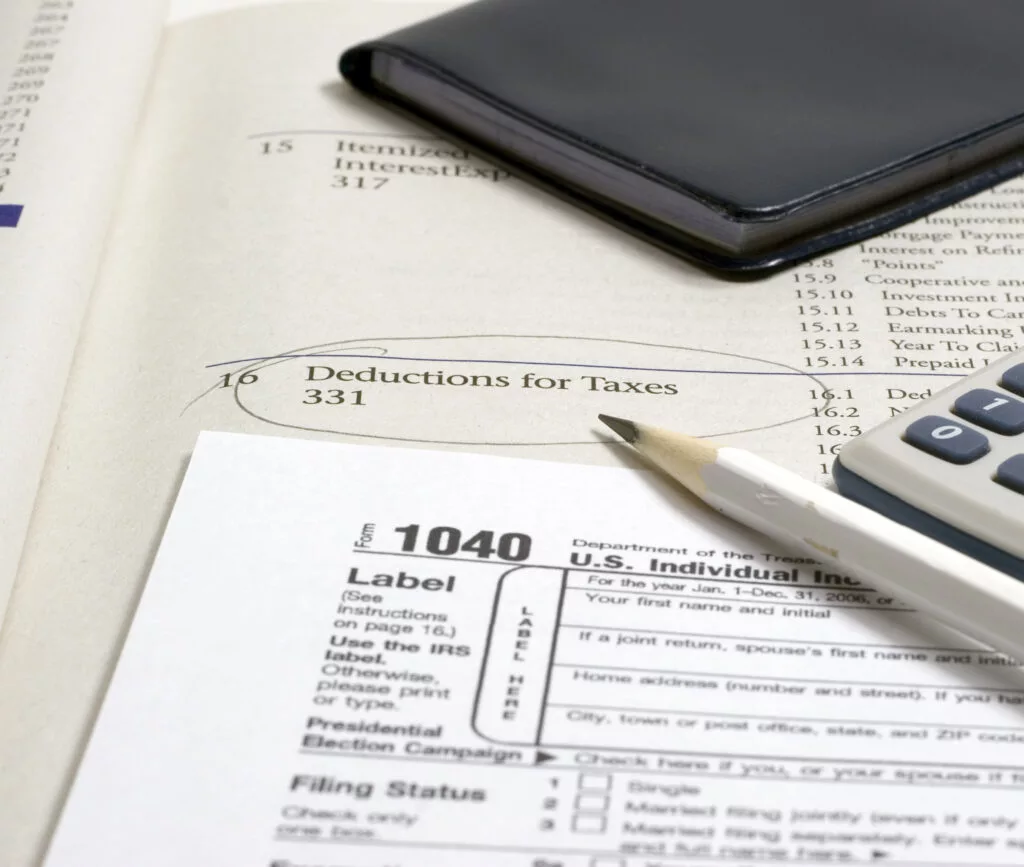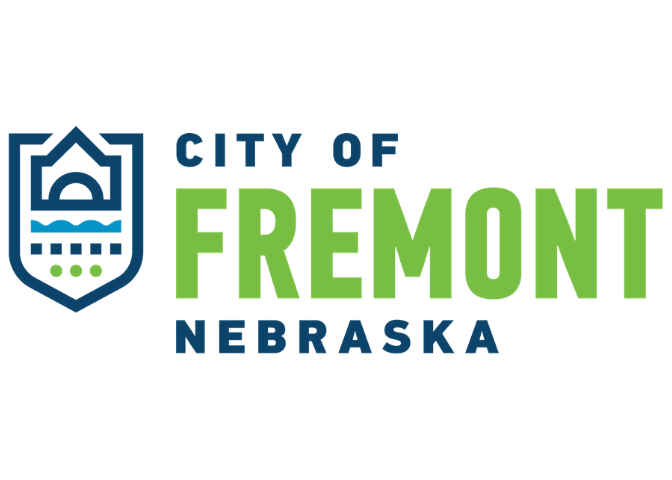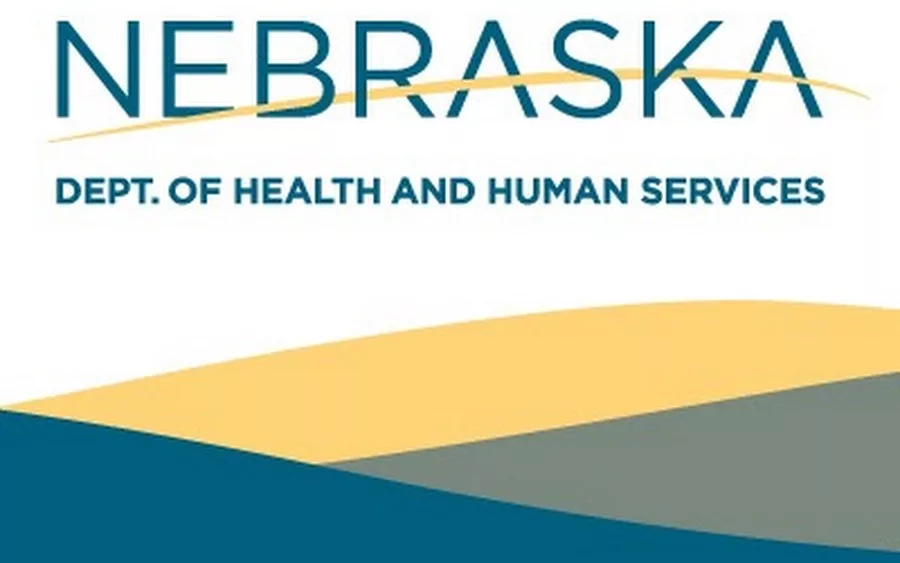
Zach Wendling
Nebraska Examiner
LINCOLN — Nebraskans are being cautioned about tax-related scams as the season continues through April 15.
Nebraska Attorney General Mike Hilgers and Treasurer Tom Briese said Thursday that scammers are sending messages that look like official documents from the Internal Revenue Service, state agencies or officials, tax software companies or Nebraskans’ own tax professionals. The IRS states that thousands of people have lost personal information or millions of dollars through scams.
“They may copy language, logos or fonts from the IRS to make it look as legitimate as possible,” Hilgers and Briese said in a joint news release. “These scammers are seeking to steal personally identifiable information from your official tax documents.”
Popular scams — such as email, phishing or malware — include requests for tax refunds or statements and may include an official IRS seal, but with links that may lead to identity theft or other risks.
Hilgers and Briese said Nebraskans should never click on any links in these suspicious communications and should check on their status of any pending refunds directly with the IRS.
Scammers may impersonate IRS officials, and calls may appear official on caller ID, but the officials warned it may still be a scam.
“The IRS will always contact you by mail first,” the statement says. “The IRS will also not require a specific type of payment.”
Often scams may include hard to reverse payments, including gift cards, prepaid debit cards, wire transfers or cashier’s checks.
In cases of suspicious calls:
- Don’t give personal or financial information.
- Hang up.
- Contact the IRS directly.
Nebraskans who think they may owe back taxes can call the IRS at 1-800-829-1040 or visit irs.gov/balancedue. More information is available from the Attorney General’s Office or with its Consumer Affairs Response Team at 402-471-2682.
“Take extreme caution if you get an unsolicited contact about your tax information,” Briese and Hilgers said.







